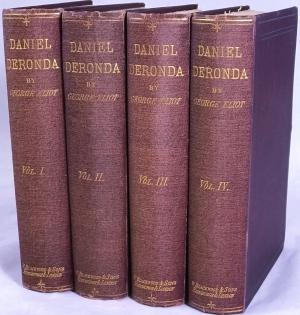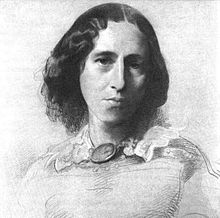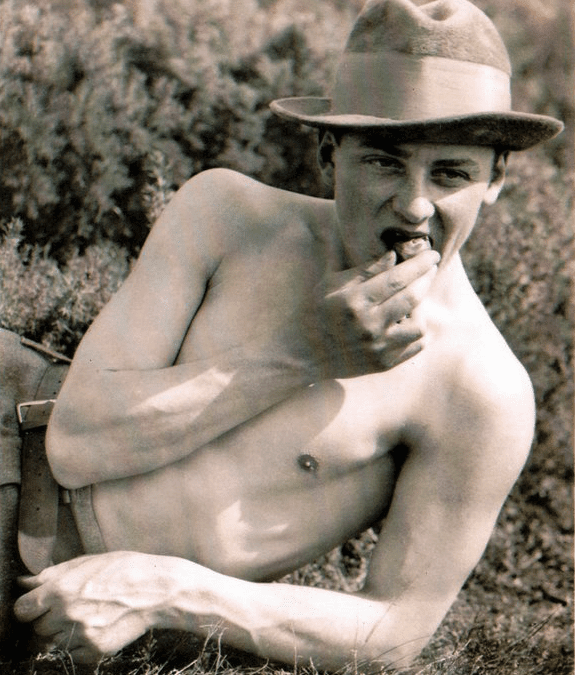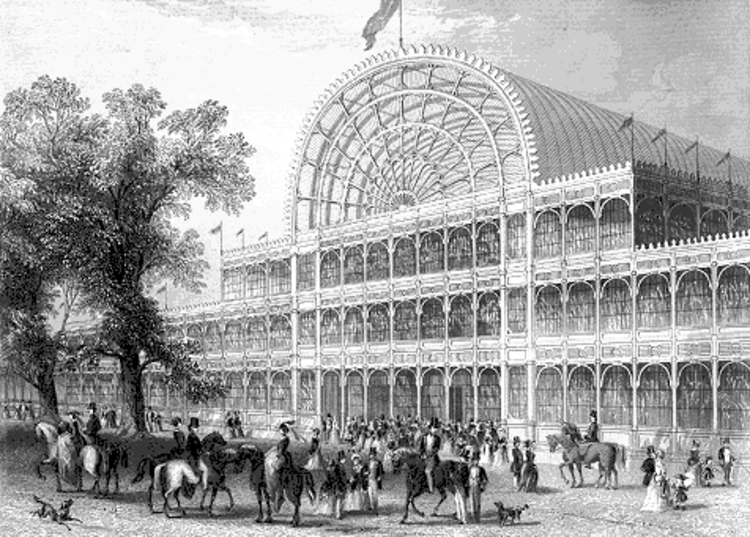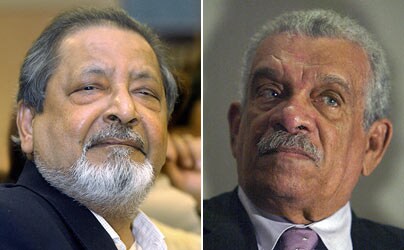
The following article (which appears below in its pre-edited form) was written as a chapter for inclusion in Still Crazy About George Eliot 200 Years Later, edited by Paul Davies (Bite-Sized Books, 2019). Envisioned as a celebration of George Eliot’s 200th birthday, which took place on 22nd November 2019, the book may be obtained on Amazon here. Bite-Sized Books aim to provide accessible introductions to a range of subjects, including literary.
Editor Paul Davies’s press release for the book is as follows:
A Joyful Celebration of Her Novels and Writing
How do you celebrate a person’s 200th birthday on 22nd November 2019?
More particularly – how do you celebrate George Eliot’s 200th birthday?
We thought the best way possible would be to ask distinguished writers to write short articles with one aim – to stop people saying “I really must get round to reading Middlemarch and show them why they just have to pick the book up and read it today.
Of course many people will imagine that this apparently serious and forbidding character – a sort of Queen Victoria with a brain – is not for them. But pick up Middlemarch, Silas Marner or Daniel Deronda and you will find how captivating and magical her stories and words are. And how relevant her themes and ideas are today.
George Eliot’s focus is still so relevant: the role and position of women; her intimations of same sex relationships in surprising depth; her ability to understand poor mental health and its corrosive effects; the way she treats addiction not just to drugs; her range of characters including fraudulent bankers, self-satisfied prigs; the pressures of society.
Each of our writers will enthuse you and make you want to read her novels.
With chapters on George Eliot and Brexit, the way interiors in the novels bring to life the characters and the personalities, and why we still know her as George Eliot – you will see from our enthusiasm how modern she still is and how she directly speaks to us today.
And most of all – find out with us how this woman, Mary Anne Evans, lived what her contemporaries saw as a totally scandalous life in the most moral way: with a man married to another woman and dealt with the real issues that face women still today writing brilliant, soul-searching and often humorous novels.
So celebrate her 200th birthday with us – with this book Still Crazy about George Eliot 200 Years Later – A Joyful Celebration of Her Novels and Writing.
And we are: Charlotte Fiehn, Sara Håkansson, Sarah Barnette, Cathy Tempelsman, Brenda McKay, Katharine Williams, Mari Seaword, Angela Runciman, Constance Fulmer, Dr Ailsa Boyd, Akiko Higuchi, Kathleen McCormack, Bob Muscutt, Margaret D. Stetz, Shinsuke Hori, Dr Catherine Brown, David Taylor, Paul Davies, John Rignall, Shoshana Milgram Knapp, Eri Satoh and Ben Moore.
It is available in paperback and on kindle at Amazon (ISBN: 9781702090872)
GEORGE ELIOT AS PROPHET: DANIEL DERONDA
In Eliot’s last complete novel she tried out lots of things for the first time. For example, she set the story in the near present (the novel was written 1874-6 and set in the 1860s), whereas most of her fictions are set around three decades before the time of writing. This up-to-dateness fits with Daniel Deronda being the most avant-garde and forward-thinking of her works. It came out more than a decade before Freud’s major writings started appearing, but in this more than in anything else she wrote, Eliot explored the unconscious. Daniel Deronda has a psychological depth which inspired Henry James (particularly Portrait of a Lady, 1881) and D.H. Lawrence (particularly Women in Love, 1919).
But – you might respond – what about Grandcourt? Whereas Eliot’s other bad characters – Dunstan Cass in Silas Marner, Tito Melema in Romola, Nicholas Bulstrode and John Raffles in Middlemarch – are a mixture of good and evil, and might in other circumstances have found happiness, in Henleigh Mallinger Grandcourt Eliot creates her first honest-to-goodness villain. Unlike the others he enjoys giving pain, and his badness in combination with his aristocracy (another first for this novel is that Eliot moves beyond depicting artisans, farmers, the middle classes and minor gentry to representing the high aristocracy) gives him the aspect of a stereotypical, even stage, villain. But the profundity comes in how his minor actions point to the major actions that we do not see, because they unconsciously express the same impulses.
Take, for example, the moment when Grandcourt tells his new wife Gwendolen to put on diamonds for dinner. As he suspects, she has a horror of these jewels, because they were sent to her on her wedding day with a curse from his former lover (before her family was financially ruined, Gwendolen had promised this woman that she would never marry Grandcourt). At first Gwendolen hesitates, but:
That white hand of his which was touching his whisker was capable, she fancied, of clinging round her neck and threatening to throttle her […]
‘Oblige me by telling me your reason for not wearing the diamonds when I desire it,’ said Grandcourt. His eyes were still fixed upon her, and she felt her own eyes narrowing under them as if to shut out an entering pain. […]
‘He delights in making the dogs and horses quail: that is half his
pleasure in calling them his,’ she said to herself […]
‘You want some one to fasten them,’ he said, coming toward her.
She did not answer, but simply stood still, leaving him to take out the
ornaments and fasten them as he would […] Grandcourt inwardly
observed that she answered to the rein.
This passage tells us as much about this couple’s sex life as we ever learn, but it is enough, and contains much could never be said explicitly in a Victorian novel. It strongly hints that Gwendolen experiences sex as ‘an entering pain’, to which she submits only out of fear of still greater violence, and which it is Grandcourt’s pleasure to inflict. Since he rides her like a horse, he may also beat her as he beats his horses. By the same token, his sadism towards animals may have a sexual dimension. Here we are in darker psychological territory than any that Eliot had entered before.
But Grandcourt is not an isolated moral monster; he is just the worst extreme of an aristocracy, and more generally an England, which is presented as corrupt, lifeless (Grandcourt only really comes alive when he’s inflicting pain), and desperately in need of renewal. Several of the novel’s families have only girl children, suggesting – two decades after Darwin’s The Origin of Species started raising questions about human survival – that English society does not even have the means of continuing itself. Many of the characters are complacent and chauvinist – ignorant about the rest of the world, but convinced that England is better than it. What’s the solution? Throwing open the novel, the titular hero’s mind, and the hero’s life, to that world. I cannot think of a single Victorian novel which weighs in more strongly on ‘Remain’ side of the Brexit debate than does Daniel Deronda.
The hero Daniel quits Cambridge University because he wants to avoid ‘a merely English attitude in studies’ (DD: 155). Oxbridge education at that time concentrated on the Classics and mathematics, and largely ignored modern European thought. As George Eliot (who translated German into English) knew – and as the failed scholar Casaubon in Middlemarch crucially does not know – much of the best work going on at the time in philosophy, archaeology, anthropology, linguistics, and history was happening in Germany, which is where Daniel travels to on leaving Cambridge. Mordecai, the novel’s visionary, ‘went to Hamburg to study, and afterwards to Göttingen’ (DD: 426). Germany also produced Goethe, of whom Eliot’s partner George Henry Lewes wrote a biography, and whose conception of Weltliteratur (literature that mediates between the world’s countries and cultures) underlies the novel’s willed and weighty internationalism.
For example: each chapter starts with a quotation. Some of these epigraphs are written by Eliot, but of those which are not, nearly half were originally written in (one of seven different) languages other than English. When Eliot quotes French, German or Italian in the original, she does not (unlike modern editions) give translations, with the implicit message that if her readers do not already know these languages, then they should certainly start learning them, and, like all the novel’s best characters, become multilingual. Daniel Deronda’s mother, as Daniel discovers part way through the novel, is an Italian Jew who had a career as a singer touring throughout Europe. The model for this character was Eliot’s friend, the French Italian mezzo-soprano Pauline Viardot, who was as widely travelled as Alcharisi. Eliot herself researched her novel by travelling to Bad Homberg, Frankfurt, Mainz, and Amsterdam. No passports were then needed to travel in Europe, and Eliot would have warmly welcomed the idea of the Schengen zone, which in 1995 made passport-free travel between most European countries possible again. She would as certainly have deplored her home country cutting itself off from the easy travel, free health insurance, and possibility of working abroad, that are guaranteed by the European Union.
But the novel’s internationalism extends well beyond the current boundaries of the EU. Viardot spent three years attached to the opera in St Petersburg, where the Russian novelist Turgenev fell in love with her. Non-coincidentally, Deronda’s mother ends up married to a Russian nobleman. Eliot never shared the anti-Russian jingoism of her (and our) time; during the Crimean and Russo-Turkish wars she simply expressed sympathy for both sides. She also appreciated how popular her writings were in Russia. Most of her novels came out in Russian within a year of their English publication, and Adam Bede went through three Russian editions in 1859 alone. Daniel Deronda’s gifted musician Klesmer, who shows up his English employers as both classist and racist, is ‘a felicitous combination of the German, the Sclave and the Semite’ (DD 206).
Which brings us to one of the most extraordinary aspects of the novel: its philo-Semitism. Eliot lived in a time and place of mild active, and pervasive passive, anti-Semitism, and of profound ignorance as to what modern (as opposed to Biblical) Judaism involved. Her hero Daniel starts out, as the reader is also assumed to do, with the standard level of ignorance. But as he gets mixed up with a Jewish girl, discovers that he himself is Jewish, and finally decides to dedicate himself to creating a home for his people in Palestine, his own knowledge of Judaism, and that of his readers, increase in tandem. Eliot did a huge amount of research in order to get all this right, including learning Hebrew from a friend who worked at the British Museum. Emanuel Deutsch died on his second trip to Palestine in 1873, and was the major model for Mordecai. Not surprisingly, the novel was welcomed in Hebrew and Russian translations by East European Jews; and by the time that Israel was established in 1948, its three largest cities – Jerusalem, Tel Aviv and Haifa – had streets named after George Eliot in gratitude.
Certainly, the novel is named for its Jewish hero. Yet actually he occupies well under half the book. This points to the novel’s biggest puzzle. What, ultimately, is the relationship between the novel’s Gentile part (which focuses on Gwendolen and Grandcourt), and its Jewish part (which focuses on Daniel, his future wife Mirah, and her prophetic brother Mordecai)? Most of the Gentile characters never meet most of the Jewish characters. Gwendolen has heard of Mordecai but shows no interest in him; he never learns of her existence. The two sets of characters are even described by a different narrative voice. The narrator of the Gentile story is dryly witty and satiric; the narrator of the Jewish story is earnest and idealistic, rather like Daniel himself. Gwendolen’s story is all but a tragedy; Daniel’s is in the end not just a personal romantic comedy, but gestures towards future triumphs for his people.
They’re so different, no wonder many readers have favoured one half over the other. The critic F.R. Leavis famously (or notoriously) said that the ‘questionably-emotional’ Jewish half of the novel should be dumped and the novel renamed Gwendolen Harleth (The Great Tradition (1948), p. 84). Early Hebrew and Russian translations of the novel, by contrast, ignored the Gentile half and presented only the Jewish story. Eliot herself said that ‘I meant everything in the book to be related to everything else there’ (The George Eliot Letters (1871-1881), ed. Gordon S. Haight, 9 vols. (1954-1978), vi, 290). Especially over the last fifty years, many critics have found that she was successful in making the two parts connected.
But I’m not so sure. For all that Mordecai’s understanding of the Jewish purpose is that it should mediate between nations, the novel itself doesn’t operate a Schengen zone between its Gentile and Jewish worlds. Daniel can move from the former to the latter, but Gwendolen not only can’t follow him, but has no equivalent place to escape to. This creates a jarring contrast at the novel’s end. She ends up in widowhood and distress, whilst Daniel’s wedding is described in the most ideal terms.
Eliot had explored this dynamic before. At the end of Adam Bede, the woman that Adam first loved, Hetty, dies in misery on her way to exile in Australia, whilst Adam gets married to his new love, Dinah. On the one hand this divergence between fates is realistic. Life brings overwhelming pain, and phenomenal happiness, to different people, who may know each other, at the same time. But when a novel shows this, it has to make a moral negotiation, or be seen to fail to do so. In Adam’s case, his happiness in marriage is forever shadowed by his mourning for Hetty. Daniel’s marriage doesn’t seem to have this dimension, precisely because he is entering another world. In moral terms it is as though he, having jumped ship from a corrupt and limited England to a world of idealism, deserves the unalloyed happiness that comes with it – whereas Gwendolen suffers as a kind of scapegoat for the corruption and limitations that define her world.
This isn’t fair, but it is an indicator of the rage that Eliot felt, at this late stage in her life, at her country’s provincialism, complacency, arrogance, racism, and the declining education levels of its elites. Where, we might ask, was Eliot going next? Her next book Impressions of Theophrastus Such (1879) also indicates the increasing breath of her social range, increasing innovation in form, greater passion in critique, and greater radicalism of proposed solutions. George Eliot the ‘realist’ had by the time that she died aged sixty-one embraced the functions of a prophet – both in foretelling the future (in this case, Israel’s creation), and in criticising her own society. It is ours and the world’s loss that she could not continue the developments of her strange and great late phase – but she did leave us with a novel which you may well find resonates with the turbulent, end-of-empire feel of our age.
